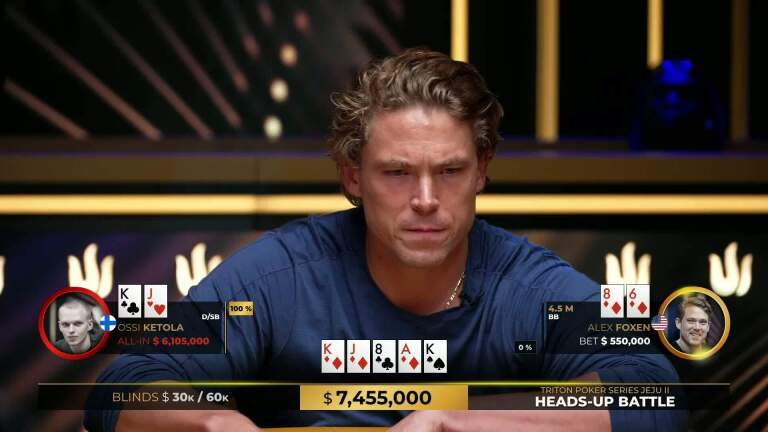Crockfords, however, ended up only reimbursing him for his buy-in, worth around $1 million and notified him that they had initiated an investigation and accuse him of cheating.

Crockfords Casino
With almost a year passed and Crockfords still refusing to pay, Ivey has recently sued the establishment. “Over the years I have won and lost substantial sums at Crockfords and I have always honoured my commitments. At the time, I was given a receipt for my winnings but Crockfords subsequently withheld payment. I, therefore, feel I have no alternative but to take legal action,” he stated.
Following Ivey’s action, Crockfords issued a statement to confirm their accusations against him and his female partner. They found during their investigation that Ivey gained an unfair edge by exploiting a faulty deck of cards: its full-bleed design was flawed, making the individual cards easily recognisable, prior to making bets. This assumption is further enhanced by the fact that Ivey’s partner, who had been already banned from several casinos on charges of cheating, asked the dealer to turn the cards by 180 degrees. The dealer, unaware that the design is flawed and asymmetric, did so with no concerns of giving any edge to the couple. However, investigation revealed that cards became even more easily recognisable when turned.
Crockfords still missed to explain how a casino of its prestige and offering high stakes games can be found to use a flawed deck. The full-bleed design has been long withdrawn from most casinos for similar design flaws.
Ivey’s case is widely debated in the international forums; most believe that, since Ivey did not mark the cards that were flawed by manufacture, the poker pro did not cheat, even as he may have “exploited” the faulty design to his advantage, raising little more than ethical concerns.














0 comments